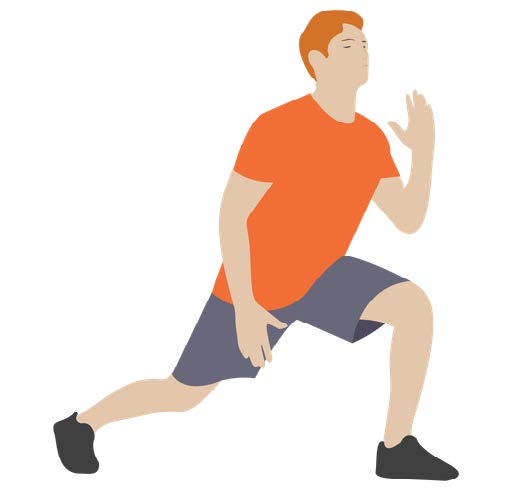Physical & Mental Health Benef
Home / Newsletter /
Physical & Mental Health Benefits of Exercise
By: Hema K. Othman, 2020
Exercise offers numerous bene-fits for both physical and mental health. Here are some of the benefits of exercise for your physical and mental health:
Physical health: regular exercise can improve your physical health in many ways, including:
Improving cardiovascular health: exercise can strengthen your heart and improve circulation, reducing the risk of heart disease and stroke.
Building strength and endurance: regular exercise can help build muscle and improve stamina, making everyday tasks easier and reducing the risk of injury.
Promoting weight loss: exercise can help burn calories and promote weight loss, reducing the risk of obesity and associated health problems.
Improving bone health: weightbearing exercises can help build bone density and reduce the risk of osteoporo-sis.
Mental health: exercise can also have a positive impact on mental health, including:
Reducing stress and anxiety: exercise has been shown to reduce levels of stress hormones like cortisol and
improve mood, reducing feelings of anxiety and depression.
Boosting selfesteem: regular exercise can improve selfesteem and confidence, making you feel better about yourself.
Improving cognitive function: exercise can improve memory, attention, and decisionmaking skills, reducing the risk of cognitive decline.
Promoting better sleep: exercise can help regulate sleep patterns, improving the quality of your sleep and reducing the risk of sleep disorders.
Overall, regular exercise can have numerous benefits for both physical and mental health, making it an important part of a healthy lifestyle
Exercise can be a very effective tool for managing stress. When you exercise, your body releases endorphins, which are natural chemicals that help to relieve stress and elevate your mood. Regular exercise can also help to improve your physical health, which can have a positive impact on your mental wellbeing.
Here are some tips for using exercise to manage stress:
Choose an activity you enjoy: if you enjoy the activity you are doing, you are more likely to stick with it. This could be anything like, running, jogging, yoga, swimming, etc.
Start small: if you are new to exercise, start with a small amount and gradually build up. You don't need to go from zero to hero overnight.
Make it a regular habit: try to incorporate exercise into your daily routine. Even a short walk or some stretching can be beneficial.
Use it as a break: if you are feeling stressed at work, taking a break to go for a quick walk or do some stretching can help to clear your mind and refocus.
Be mindful: when you exercise, try to focus on the present moment and be mindful of your body and how it feels. This can help to reduce stress and anxiety.
Remember, exercise is just one tool for managing stress. If you are struggling with stress or anxiety, it is important to talk to a healthcare professional who can help you develop a comprehensive plan for managing your symptoms.

